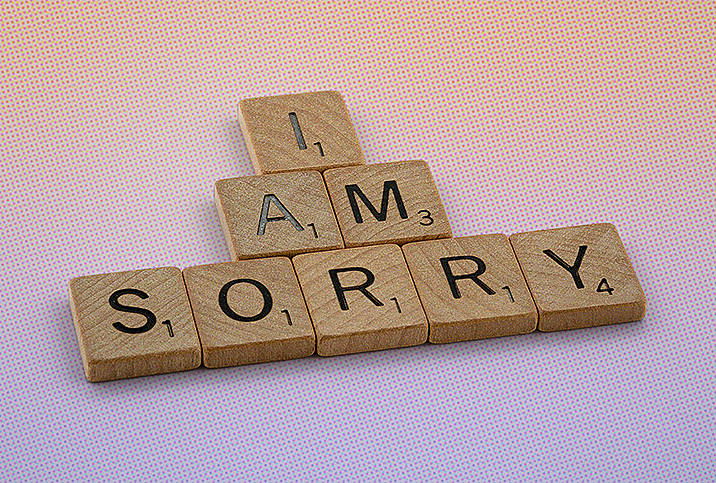How to Get the Most Out of Marriage Counseling

There comes a time in every marriage when you identify a difficult issue or life event that can strain and threaten to destroy the partnership. During these times, you might consider marriage counseling. Going into marriage counseling with an understanding of how to get the most out of it will set you up for success and help you overcome challenging circumstances with your partner.
When counseling is necessary
One of the biggest mistakes couples make is waiting too long to seek help. While there is no test to determine whether you need counseling, if you recognize a recurring problem you cannot seem to resolve, it's time to seek help.
Some of the most common marital problems that counseling may be able to resolve are power struggles, communication issues, sexual dissatisfaction and dysfunction, anger issues and child-rearing differences.
Once you've identified the specific conflict, take your time finding a counselor. The right professional can make all the difference in helping you and your partner strengthen the bonds in your relationship and resolve conflict.
How to find the right counselor
When seeking help, it's important to find a licensed counselor who specializes in marriage and relationship conflict. Choosing a counselor who specializes in this area is essential because a general counselor may not have the experience to address specific concerns.
While a general counselor can be adaptable, many marriage counselors specialize in a specific therapeutic approach and areas of marital conflicts, such as:
- Couples therapy: This method focuses on the overall communication and dynamic of the couple to resolve relationship conflicts.
- Family therapy: This therapy focuses on conflicts within the family unit, such as child-rearing techniques, family dynamics and past childhood baggage, which often come out when raising children.
- Imago therapy: This therapy theory focuses on how couples identify and reject their own weaknesses as displayed by their partners. By identifying these triggers, individuals can work on their own issues to help heal their relationship together.
- Gottman Method: This method, created by Dr. John Gottman, helps couples overcome resentment, rekindle their love and mutual respect, and overcome most marital conflicts.
- Narrative therapy: This treatment focuses on rewriting the negative elements of the past to strengthen the bonds of the marriage. The goal is to create a fresh perspective on past resentments.
Once you find the right type of counseling, it's important to give it time to work. Couples often expect a quick fix for their issues when, in fact, it can take months or even years to work through a problem. They need to enter therapy accepting that it will take time to get to know the counselor and for the counselor to understand each of them as individuals and as a couple.
Mistakes to avoid
When couples decide to seek help for their marital issues, they need to avoid some common mistakes that may stand in the way of their progress. Typical mistakes usually involve a combination of actions.
It's important for both parties to be committed to therapy. If one or both of you do not fully trust the process or the counselor, the therapy will not be successful.
Counseling is work, so it's essential you do the assignments your therapist gives you. Whether it's individualized or related to your partnership, the work your counselor requires will help you progress to the next stage of development. Failing to do the homework could contribute to and expedite a failed marriage.
Finally, tell the truth. The best counselors do not take sides and will not judge you for your previous mistakes. Therapists have the utmost respect for their clients because they recognize you chose to seek counseling, which is a clear sign you are determined to address your issues and resolve conflict. Lying about what you've said or done might save you some momentary embarrassment, but this will only stall your progress over the long haul.
Remember why you started
No matter your reason for seeking counseling, it's important not to lose sight of the goal. Marriage counseling is about moving past your differences, understanding your partner and learning to communicate more effectively so you are prepared to address future issues.
When starting counseling, remember you chose to participate because you are committed to spending your life with your partner. While counseling will not end all marital squabbles, it will give you the tools to work through these problems in a way that strengthens your bond for a lasting future.


















